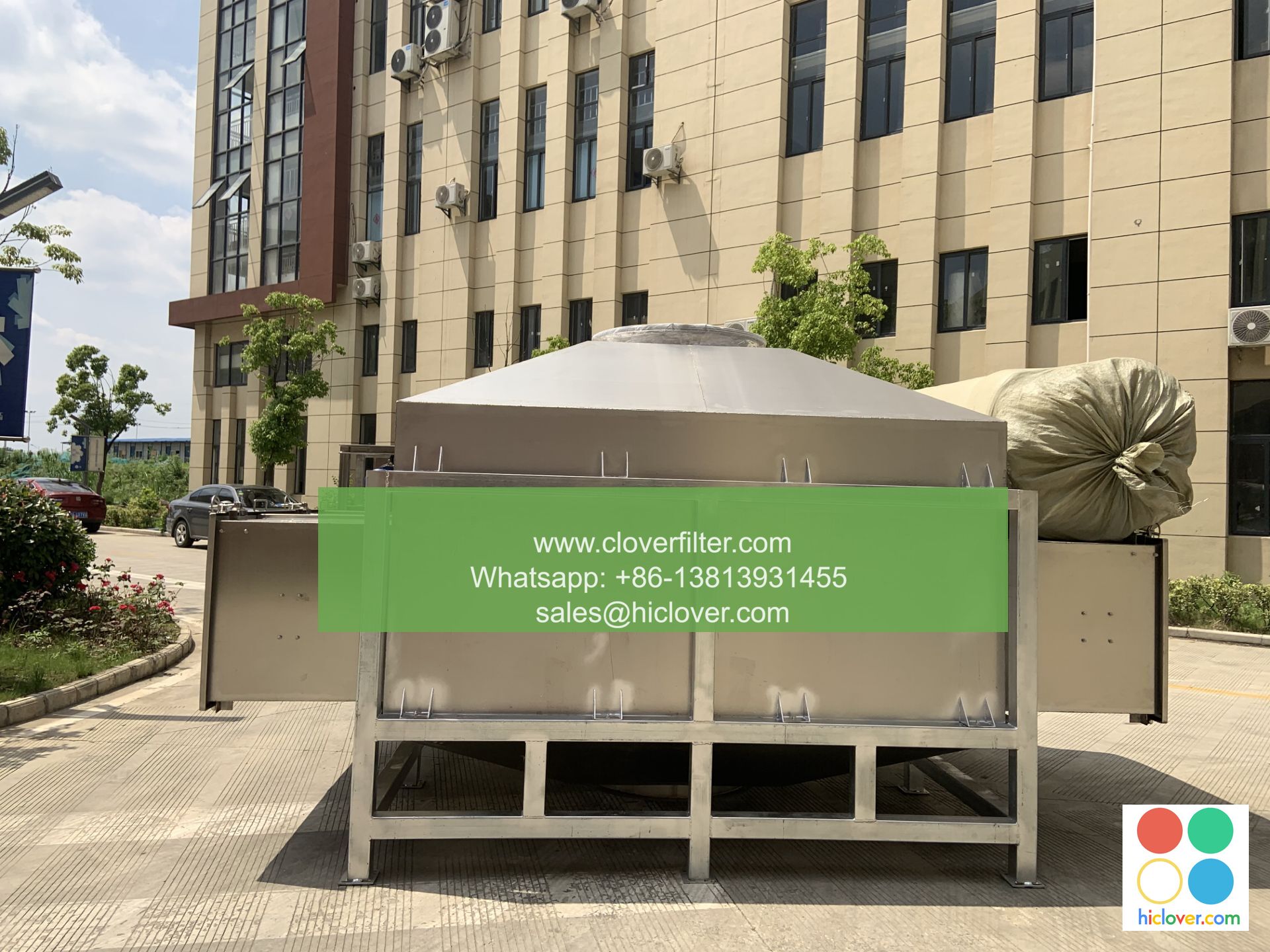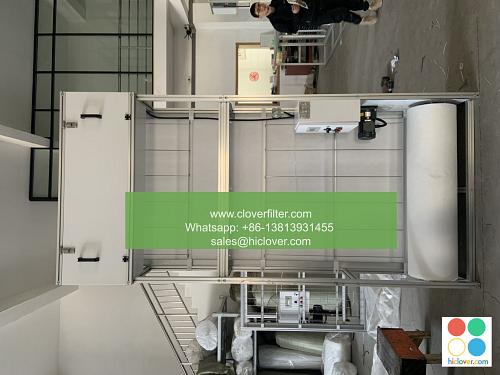Air Filter Data: The Unsung Hero of Indoor Air Quality

Indoor air quality is a crucial aspect of maintaining a healthy and comfortable living or working space. One of the most effective ways to ensure good indoor air quality is by using air filters. Air filter data is the key to understanding the performance and effectiveness of these filters. In this article, we will explore the importance of air filter data and its applications in various fields, including indoor air quality monitoring, heating, ventilation, and air conditioning (HVAC) systems, and air purification systems.
What is Air Filter Data?
Air filter data refers to the information collected about the performance and characteristics of air filters. This data can include metrics such as filter efficiency, pressure drop, airflow rate, and filter lifespan. By analyzing this data, we can determine the effectiveness of air filters in removing particulate matter, gases, and microorganisms from the air.
Applications of Air Filter Data
Air filter data has numerous applications in various fields, including:
- Indoor Air Quality Monitoring: Air filter data is used to monitor and control indoor air quality in buildings, homes, and other enclosed spaces. By analyzing this data, we can identify areas where the air quality is poor and take corrective measures to improve it.
- HEPA Filter Systems: High Efficiency Particulate Air (HEPA) filters are widely used in air purification systems to remove 99.97% of particles as small as 0.3 microns. Air filter data is used to optimize the performance of these systems and ensure they are working effectively.
- HVAC Systems: Air filter data is used to optimize the performance of HVAC systems, which are used to heat, cool, and ventilate buildings. By analyzing this data, we can improve the energy efficiency and air quality of these systems.
- Aerospace and Automotive Industries: Air filter data is used in the aerospace and automotive industries to develop high-performance air filtration systems for vehicles and aircraft.
- Improved Indoor Air Quality: By analyzing air filter data, we can identify areas where the air quality is poor and take corrective measures to improve it.
- Increased Energy Efficiency: Air filter data can be used to optimize the performance of HVAC systems, which can lead to energy savings and reduced greenhouse gas emissions.
- Extended Filter Lifespan: By monitoring air filter data, we can identify when filters need to be replaced, which can help extend their lifespan and reduce maintenance costs.
- Enhanced Occupational Health and Safety: Air filter data can be used to monitor and control indoor air quality in workplaces, which can help prevent respiratory problems and other health issues.
Benefits of Air Filter Data
The benefits of air filter data are numerous and include:
Conclusion
In conclusion, air filter data is a critical component of maintaining good indoor air quality. By analyzing this data, we can optimize the performance of air filters, improve indoor air quality, and reduce energy consumption. As the importance of indoor air quality continues to grow, the role of air filter data will become increasingly important in various fields, including indoor air quality monitoring, HEPA filter systems, HVAC systems, and air purification systems. By highlighting the importance of air filter data, we can work towards creating healthier and more sustainable indoor environments. You haven’t provided a question or topic for discussion. Please provide more context or information so I can assist you better. What would you like to talk about?


